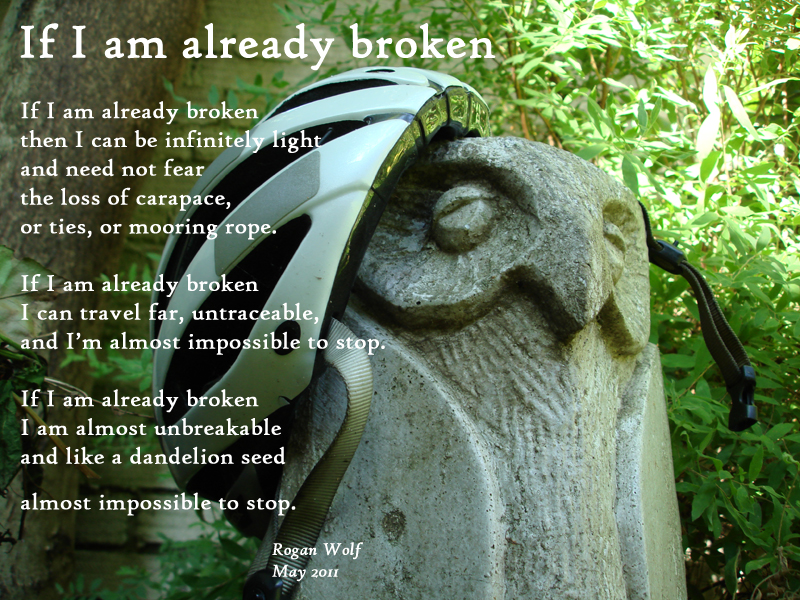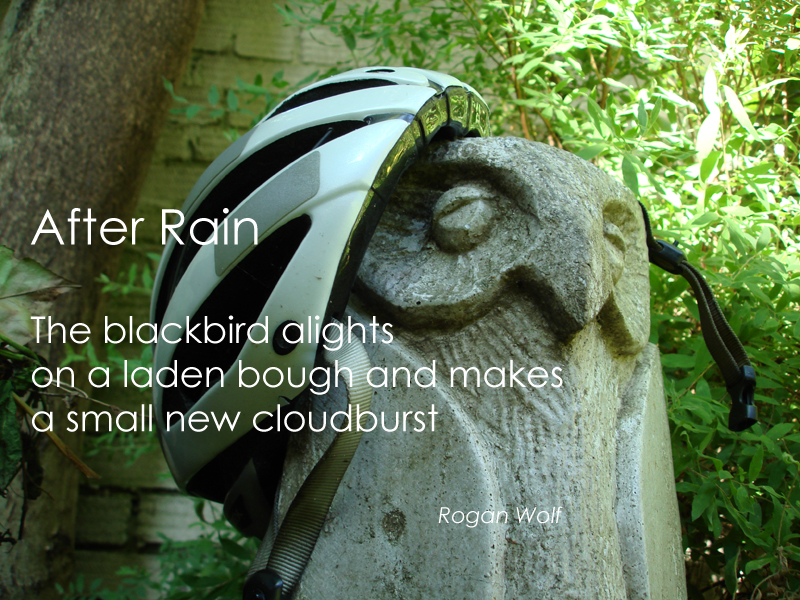Here is a poem about the last Emperor of Byzantium. I sent it recently to a married couple I know, who both liked it. She said it’s about me. He said it’s about Gordon Brown.
The idea behind the poem is that we are all now inheritors of fallen cities, walls of security which have been broken. The fugitive fox has much to teach us.
We are also perhaps no less apt than ever our ancestors were to go after those who stand or speak out, people we can blame for our woes, confusions and pain. So we are fox-hunters as well, baying with the hounds.
The Travails of the Last Emperor
by Rogan Wolf
2010
dedicated here to the Right Honourable Gordon Brown, MP, with thanks.
For centuries, Constantinople, capital of Byzantium, was the greatest city in the world. Historians maintain that when it fell in the fifteenth century, its last Emperor died on the walls. But his body was never found and we are free to consider another possibility : that he simply wandered away – on the one side to Thrace, or on the other, Anatolia …
Part 1
The Emperor at Kerbside
i
Highness,
I saw you tonight,
creeping like a sickly fox
across our street.
The camera’s bound
to have caught you
in that glare
of white light
at the corner –
would it miss ?
I didn’t know
you were still going,
Highness,
with your City
a charnel yard
of stone
and bone
and shard
of fine crockery.
There you presided.
Can death
be worse than this ?
ii
Between our blurred and broken lines
the fox is worth picking out.
He guards the word on the tip of all tongues
the telling we are frantic to avoid.
He slips between the cars at kerbside
his home his own slinking
his homelessness our street.
iii
He has moved in !
I heard him last night
scuffling by the open window
emasculating my arrangements there.
This morning
as I put the garden
back together again,
I knew he was watching me
from my window !
iv
All my life since setting out
I have carried fragments and relics
mementoes of a time intact.
The city is fallen,
undone and irretrievable.
Bowed archaeologists scraping about
shall not ease my desolation.
The City is fallen.
I am the ruins.
v
He makes grin
his mask
and he spins in the air
his stink
and lightly
sleeps
and lightly
he shits.
He has no shame
in his matter.
His game
is defiance of death.
vi
There are real advantages
to being nowhere nowhen
no profile
on the radar screen.
I am the broken emperor
so when I materialise
surface breaks
queues scatter
and mouths gape in wild surmise.
vii
Fox feathery and starved tonight
emerges from a bank of ivy.
His back arches, he walks on tip-toe
and his tail is like the skeleton of a wing.
The cats take no notice of him.
They know that they’ll be alive tomorrow.
viii
The stillness of the Voice on Sinai
foxed Moses. He’d made that arduous ascent
in full expectation of Grandeur and Majesty.
Still, small and crucified day upon day
(until at last
one day of sorrow
He’ll simply give up the ghost),
this was not the God he thought had promised
to show his people the Way.
ix
Cities in the desert
picked over by camera and crow –
history grows dim
the present points to sorrow.
June 2007
Part 2
The Emperor Unclothed
i
Who was that boy
who said the emperor
was merely naked ?
The boy died of course
almost at once
his flesh in gobbets
scattered across the hills.
Perhaps he was blind.
For the emperor wore that day
the sheen of his apartness
and a shadow so long
it girded the earth.
ii
Have at you, Highness –
clear of the multitudes
free of the robes.
You’re just quarry now
shoulders bare and shining ahead –
fair game.
We’ll paddle in you,
your excellency,
you’ll do us good.
iii
A young fox
most of his fur missing
pads the ridge of the garden wall.
He knows he doesn’t belong here
and to survive the night
he must glide to perfection
between each holding
he must slide with precision
around each lit space.
iv
That wide-eyed small boy
who proclaimed the obvious to his neighbours
didn’t live long enough to see the truth –
that truth is unendurable
but learning you’ve bowed for years to a lie
can drive you to murder.
v
And the fox said to the boy emperor
“follow me.
Let me guide you
through my web of shadow
to where the truth lies hidden
precarious as an embryo.
Let us sidle
together.”
August 2007
Part 3
The Last Emperor in Chaotic Times
i
The last emperor stirs.
Chaos inspires him.
It brings back memories
of earlier convulsions
when he was the apex
uppermost in disaster.
Now citadels collapse again
and strange new progeny stagger
sleek and bewildered
across our blasted fields.
The last emperor hunches
into a ball, wheezy and crackling
and hurries to join them.
He is sure this time
he will be our chosen one.
But what is there left to say ?
It has all been used up.
All the great redemptive words
fizzed and burned out
almost the instant they entered time
and for millennia
they’ve hung in countless rooms
like lumps of raw clay
twisted and re-modelled
to ennoble and justify
the frets and furies that have always been.
But the last emperor
has no need of hope.
He lost it ages back
amongst the paraphernalia
of cities and face
and full diaries.
This is child’s play.
Yes indeed, oh yes indeed
there’s nothing left to say.
He sings to himself happily.
Against the odds another chance.
Against all the odds another chance.
Let’s try.
ii
The last emperor confided
resting his feet, reaching for the water jug –
“I had a cheering thought today.
I realised the past is just
another set of possibilities
as rich in guidance and new ideas
as anything present or still to come.
The dead may still belong in the dance.”
The last emperor was almost weeping now.
“And straightaway, the walls of my City
renewed themselves in my mind
and the dead rose from their mass graves
took back their faces, their noble eyes,
and became again my counsellors,
comforting me with their wit and high learning.”
iii
When the great City fell all those years ago
the emperor had to give up communicating
with crowds. Now he secretes words in code
under stones and between buses, whisperings
deep in caves by the shore, scribblings
borne in small balloons loosed to ride hurricanes.
It’s more intimate that way, he says,
more telling
more effective in getting his message across.
iv
He tends to avoid caves for his resting.
They are too obvious and accessible.
He goes for between-space
and between-time
on the edges of snug living.
Fly-tips do well, for instance,
or gaps between fences
in the more established parts of suburbia
where arguments over boundaries
can open things up a bit.
Allotment huts have proved satisfactory
shared with the odd fox or down-and-out,
or patches of spare paving beneath bridges
beyond where the cyclists pass.
And like the kestrel and the red kite
he is drawn to the motorway
and will often bed down within feet
of the juggernauts
blasting through
their sharp beams searching infinity
all night.
v
Since the last emperor lost his name
he’s been invisible.
He asks himself,
does it matter
where I place myself
if no one can find me there ?
He wanders from city to quiet fastness
and there’s no difference
except in the impact on him.
No one knows he has gone
and no one takes note of his arrival.
Yet on the mountain trail
he adds a small stone
to each cairn he passes.
There is no name on it
and no one will know
he placed it there.
But the stones will continue
to serve and guide
once the emperor is dead.
I’ve learned to be
an invisible servant
says the last emperor
to himself.
October 2008


